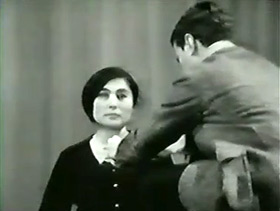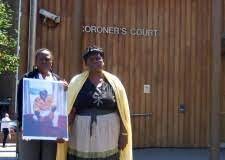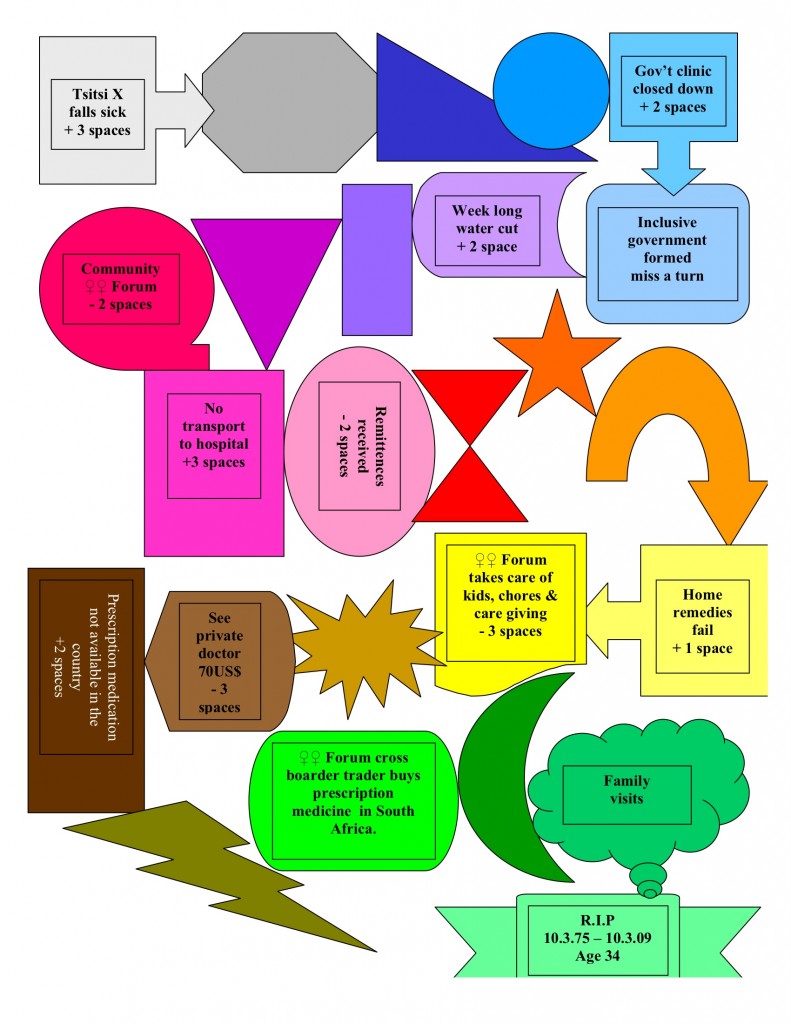Yesterday was 16 December 2009. In South Africa, it’s the Day of Reconciliation. President of the Republic of South Africa Jacob Zuma spoke, in Tshwane, about reconciliation. The President spoke at length about the military, about veterans and about serving members of the South African National Defence Force. Reconciliation.
Seven days earlier, 10 December, was Human Rights Day. President of the United States Barack Obama spoke in Oslo, Norway, as this year’s Nobel Peace Laureate. He spoke of just war. Peace.
Both presidents spoke of responsibility. For one, it was the responsibility of nation building, for the other the responsibility of peace. This was a week then that began with war as peace and ended with the military as agent of reconciliation.
Women know better. Women `bear the brunt’ of these speeches.
“Women often bear the brunt of poverty and human rights abuses; but as activists they use these roles to trigger positive social change”. Women bear the brunt of poverty because they are the target of discrimination, oppression, exploitation, violence. Here’s how Amnesty describes the world of women: “Over 70 per cent of the world’s poor are women. Women earn only 10 per cent of the world’s income but do two thirds of the world’s work. Three quarters of the world’s illiterate are women. Women produce up to 80 per cent of the food in developing countries but own only one per cent of the land.”
Treated as objects, women refuse to be abject. Around the world women are mobilizing, gathering, celebrating, organizing. Women like Ugandan human rights activists Jacqueline Kasha, Solome Kimbugwe Nakawesi, Sylvia Tamale, speaking out and organizing against the homophobic bill in Uganda’s parliament; or Val Kalende, an out lesbian in Uganda who has the courage to speak truth to power, and the truth is she simply wants to live a full and joyful life.
Women like Terra K, Joan S, Michelle M, pregnant women prisoners in the U.S. struggling for decent health care and for decency and dignity. Women like Nepalese widows Bhagwati Adhikari, Lily Thapa, Rekha Subedi, Nisha Swar, members of Women for Human Rights who reject the oppression of widows and of all women.
Women like Annise Parker, new mayor of Houston and first elected out gay mayor of a major U.S. city, or Elizabeth Simbiwa Sogbo-Tortu, campaigning to become the first paramount chieftain in the country.
Women like Zimbabwean activist Kuda Chitsike, women who dare to organize, women who dare to win.
These are a few women who were reported on during the week that began with a peace speech justifying war and ended with a reconciliation speech focusing on military well being.
We found out this week that, in KwaZulu Natal, urban women `bear the brunt’ of AIDS: “The face of HIV/AIDS in KwaZulu-Natal is a woman in her thirties living in eThekwini, according to a study released this week. Urban women in the province are far more likely to be HIV positive than their rural sisters, while over half (54%) of all pregnant women in their thirties were HIV positive….Despite levels of poverty being higher in the rural districts, social scientists believe that there is more social cohesion in rural communities that protects against women against HIV.…People living in informal settlements have the highest HIV prevalence.” How do you reconcile the urban and rural sisters? Call in the military?
We found out this week that, in Honduras, women `bear the brunt’ of human rights abuses at the hands of the coup regime, and the Obama regime is doing little to stop that: “Repercussions from this summer’s coup in Honduras are far from over….The brunt of …abuses is borne by the women….Women make up the majority of the vast resistance movement in Honduras, playing a critical leadership role in civil disobedience and citizen protection. For their tireless and courageous support of democracy, they have received death threats and been attacked with nail-studded police batons, tear gas, and bullets. Detained by police or military for hours and even days without charges or access to legal counsel, women have been deprived of medicine, food, and water. At least two cases have resulted in death. Lawless violence against women has pervaded Honduras since the coup.” When war is peace, violence against women is national security.
This is the logic of the brunt, of the sharp blow, the assault, the violence, the shock, the force. Women `bear the brunt’ because men understand peace and reconciliation as military engagements, from the bedroom to the boardroom and beyond. Women are meant to inhabit the space between hollow rights and empty reconciliation, And beyond? As one necessarily anonymous writer opined recently, looking at the current situation in Uganda, “You want gay rights? Get more women elected.” You want real peace, real reconciliation? Look to women’s organizing histories, stories, lives.
Today is 17 December. A new week begins.
Val Kalende









